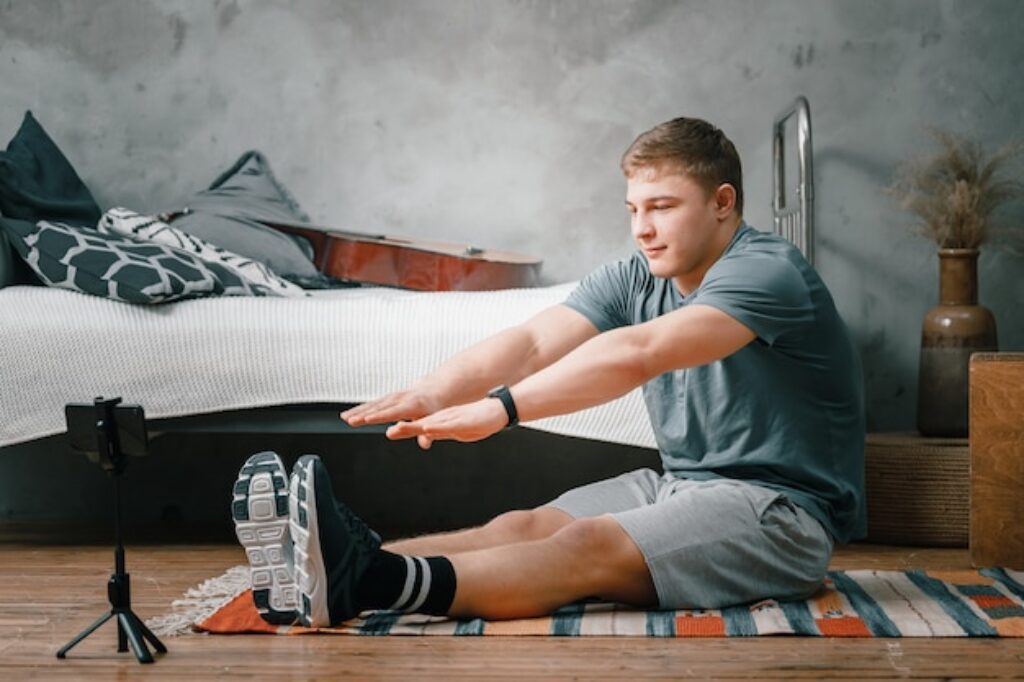As I reflect on the silent battles many men face, the reality of depression stands starkly in front of us. It’s alarming to consider that nearly 1 in 10 men experience depression at some point in their lives, yet this issue often remains hidden beneath a veneer of toughness and stoicism. Society has long perpetuated the myth that vulnerability is a weakness, possibly explaining why so many males suffer in silence. I can’t help but think of the countless individuals I’ve encountered, sharing stories that illustrate the profound impact of this struggle—not just on themselves, but also on their families, friends, and communities.
The statistics are staggering. Research suggests that men are less likely to seek help for their mental health issues, which often leads to devastating consequences. Rates of suicide among men are three to four times higher than among women, shedding light on the urgency of addressing mental health among males. As I dive into this discussion, my goal is to peel back the layers of stigma and misconceptions surrounding men and depression. Let’s explore how we can empower those around us, fostering a supportive environment that encourages openness and healing.
Understanding Men’s Mental Health
Men’s mental health is an often overlooked and complex topic, requiring a nuanced understanding of how societal expectations shape emotional experiences. One notable aspect is that depression can manifest differently in men compared to women, often masked by behaviors and attitudes culturally deemed ‘masculine’. Instead of expressing sadness, many men may display irritability, anger, or disengagement, which can lead to misunderstandings about their mental state.
Furthermore, men are less likely to seek help, resulting in the internalization of their struggles. This can create a harmful cycle where depression goes unrecognized, both by the individual and by those around them. The stigma surrounding mental health, especially among men, can thus exacerbate feelings of isolation and despair.
Awareness of these unique manifestations is pivotal when discussing men and depression. By fostering open conversations and encouraging emotional expression, we can help dismantle the barriers that prevent men from seeking the support they need. Understanding these differences is essential in tailoring effective strategies to combat depression in men.
Signs of Depression in Men
Depression in men often manifests differently than in women, making it crucial to recognize the signs and symptoms. Men might display a sense of irritability or anger instead of sadness, which can obscure their mental health struggles. They may also engage in risky behaviors, such as substance abuse or reckless driving, as a way to cope. Decreased interest in activities once enjoyed, along with withdrawal from social interactions, can signal depressive episodes.
Physical symptoms often accompany emotional distress; men may experience fatigue, changes in appetite, or sleep disturbances. Furthermore, persistent feelings of hopelessness or worthlessness are often misunderstood and unrecognized. Acknowledging these signs is essential to empower men to seek help and support.
Recognizing these symptoms early can make a significant difference. Encouraging open conversations about feelings can provide the necessary support, while promoting mental health resources can offer pathways to recovery. Understanding how to help men dealing with depression fosters a healthier dialogue around men’s mental health, bridging the gap between suffering in silence and reaching out for assistance.
Table of Common Signs and Symptoms of Depression in Men
Understanding the different manifestations of depression in men can facilitate early recognition and intervention. Below is a table summarizing key symptoms and possible coping behaviors.
| Sign/Symptom | Description | Possible Coping Behaviors |
|---|---|---|
| Irritability or Anger | Increased frustration or aggression instead of sadness. | Acting out, engaging in confrontations. |
| Risky Behaviors | Engagement in potentially dangerous activities. | Substance abuse, reckless driving. |
| Withdrawal | Loss of interest in social activities and relationships. | Avoiding friends and family, staying indoors. |
| Physical Symptoms | Fatigue, changes in appetite, sleep disturbances. | Overeating or undereating, insomnia. |
| Feelings of Hopelessness | Persistent feelings of worthlessness or despair. | Isolation, neglecting responsibilities. |
How to Offer Support Effectively

Supporting men experiencing depression requires a thoughtful and proactive approach, as many often struggle to express their feelings. One of the most effective strategies is to actively listen without judgment. Create a safe space where they feel comfortable sharing their thoughts, ensuring that your body language conveys openness and empathy.
Encouraging physical activity can also be beneficial. Invite them for a walk or engage in a fun sport together, as exercise boosts mood-enhancing endorphins. Moreover, reminding them to maintain a routine can help in providing a sense of normalcy, which is vital during times of emotional turmoil.
Additionally, offering tangible assistance, such as helping with chores or running errands, can alleviate some stressors they may be facing. Be specific in your offers, as vague suggestions can feel overwhelming to someone struggling with depression.
Finally, educate yourself about the signs of depression and mental health resources. By being informed, you can better encourage your loved ones to seek professional help when necessary, bridging the gap between isolation and necessary support.
Inspirational Quote
“The greatest glory in living lies not in never falling, but in rising every time we fall.” – Nelson Mandela
This quote resonates deeply in the context of supporting men with depression. It serves as a reminder that it’s okay to struggle, and that the journey to recovery is marked by resilience. Just as we encourage those we care for to lean on us during their darkest moments, we must also embody the strength to rise and inspire them to do the same, reassuring them that every step forward, no matter how small, is a victory.
Resources for Help and Healing
Local mental health organizations often have programs specifically designed for men. The Men’s Health Network is a prominent organization that offers resources focused on mental well-being. They provide information on finding specialized therapists and counselors. Online platforms like Talkspace and BetterHelp also offer virtual therapy options, making support accessible from the comfort of home.
Hotlines such as the Crisis Text Line offer immediate connection to trained counselors. Men can text “HELLO” to 741741 to access confidential support. Furthermore, the Veteran’s Crisis Line serves those who have served in the military, ensuring that veterans receive the help they need.
Community groups often provide peer support, creating safe spaces for men to discuss their struggles openly. Websites like 7 Cups offer free chat with listeners who understand men’s mental health challenges. It is vital for men experiencing depression to know that they are not alone and that help is readily available through these invaluable resources.
Explore Additional Resources for Men’s Mental Health
For a deeper understanding and access to further support options, consider visiting this helpful resource: Men’s Health Network.





